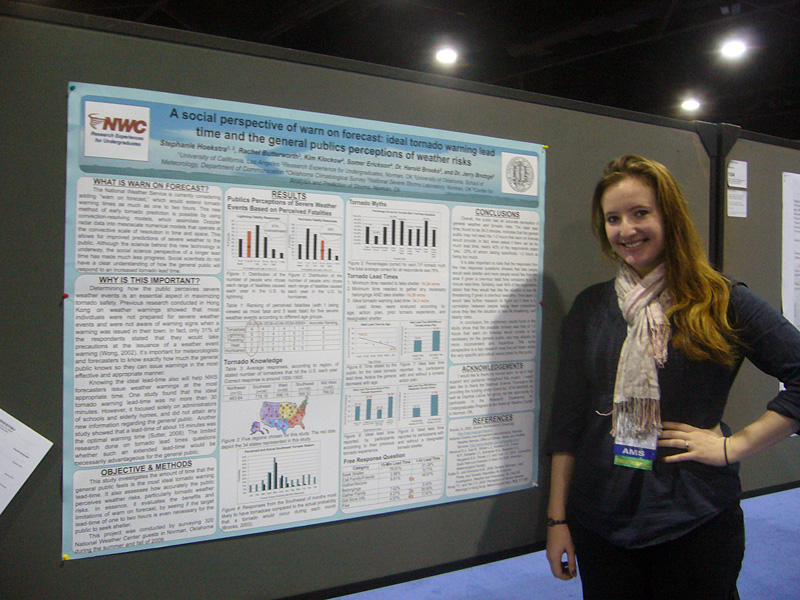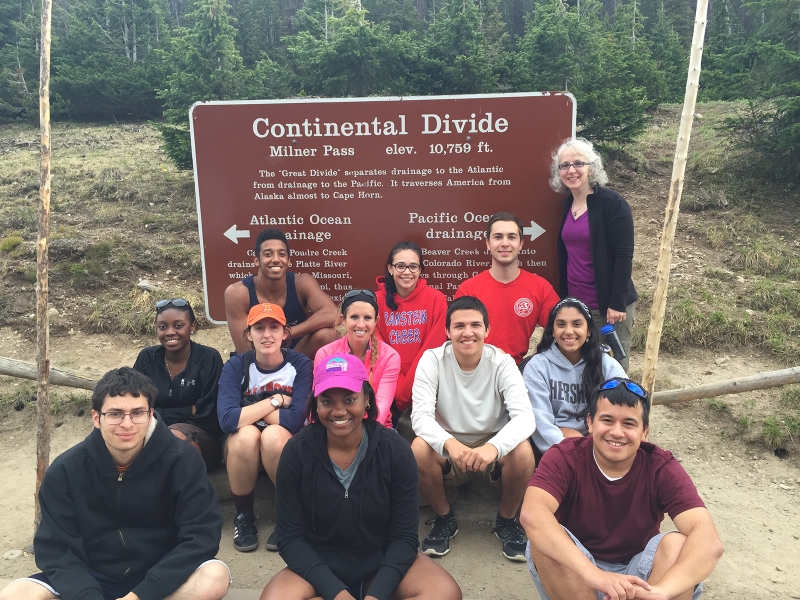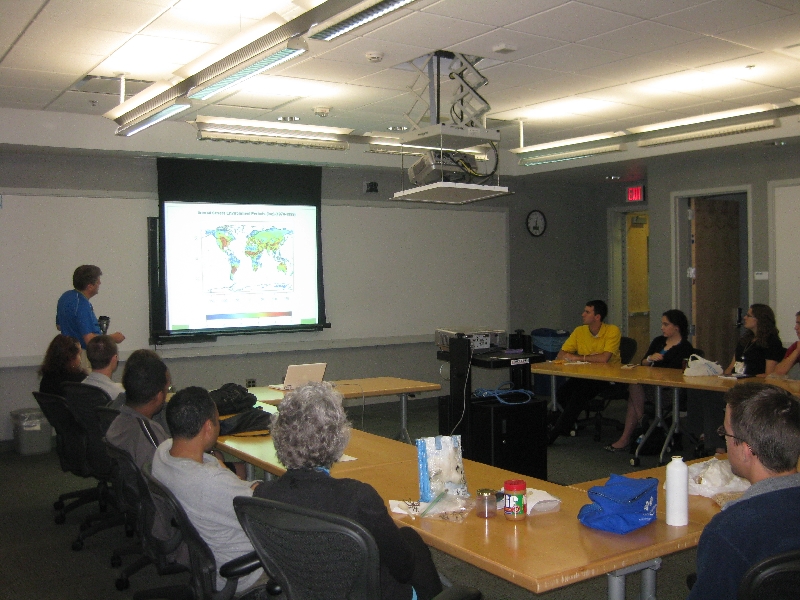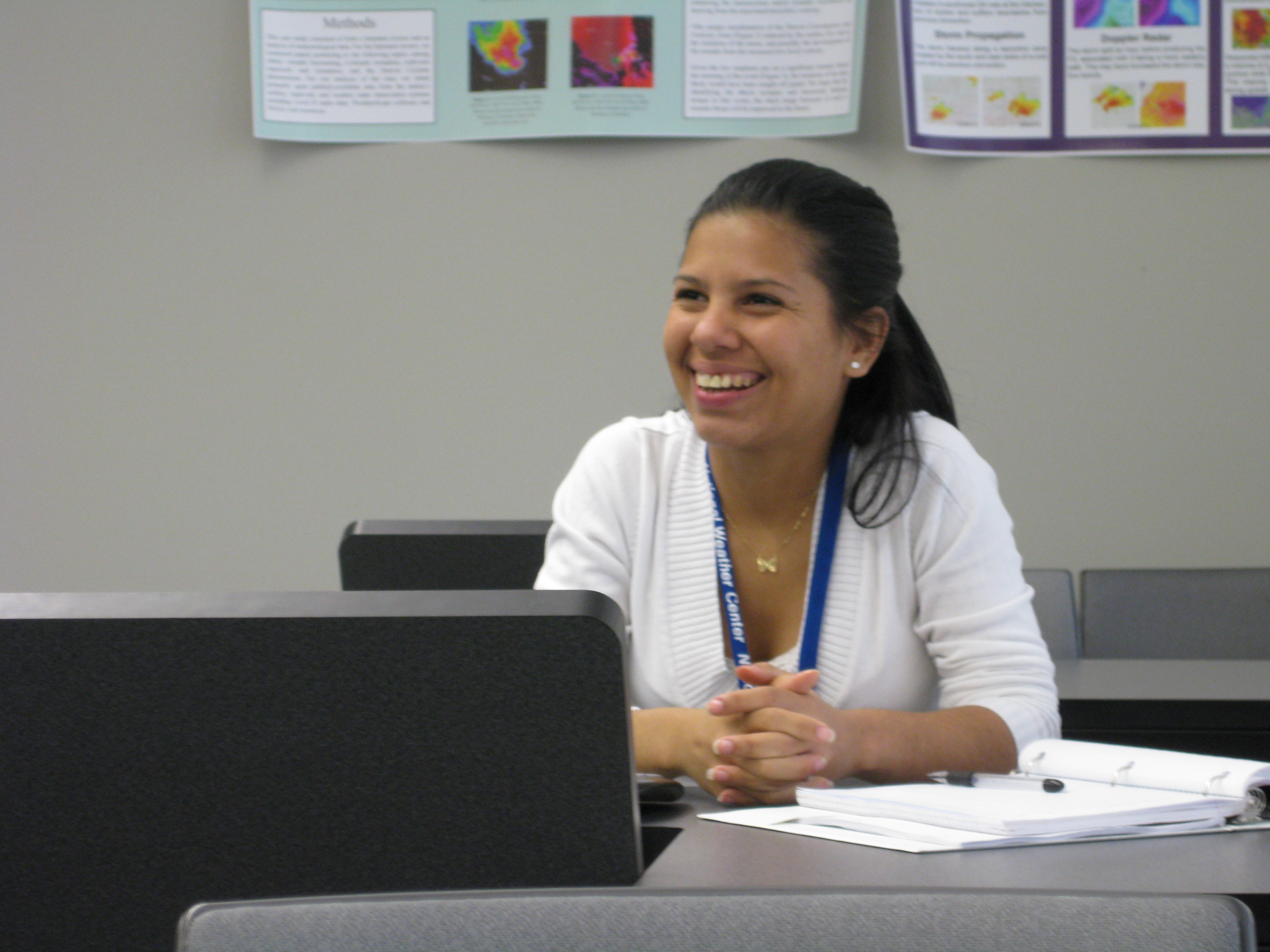



Summer 2026
Our summer 2026 program is dependent on a renewal of our REU Site grant. The proposal is currently in review. Because we will not hear an outcome until after a typical recruitment cycle, we are posting our application without knowing whether we will have a program. We encourage submissions to this long-standing REU program.
Update 12/22/26: The Summer 2026 application is now live!
Eligibility:
Applicants must be:
- Pursuing an undergraduate degree
- Graduating no sooner than December after the summer they participate*
- A U.S. Citizen or Permanent Resident of the U.S.
*Students who are graduating from a 2-year degree program are eligible to participate so long as they are enrolled in and will start the remaining portion of a full bachelor's degree in the fall after their summer participation.
Program details:
The 2026 program will likely run from May 26 - July 31.
- You receive a stipend: $7,000. These funds are distributed at the end of May, June, July, in proportion to how many weeks of the program occurred in that month.
- **The $7,000 stipend is considered a scholarship / fellowship and should be self-reported on your taxes.**
- You also receive some subsistence: $600. This helps with food costs in first month.
- Travel to/from Norman: up to $600.
- National Conference Travel: up to $2,000.
- We provide housing: in modern, furnished campus apartments, likely in OU's Cross Village. In that complex, each student has a private, locking bedroom in 4bed/2bath apartments. Other housing options are available when needed. Costs for certain situations could fall to the participant, such as costs related to housing for family members because family member accommodation is not an allowable expense on our funding.
- If the program is virtual, some funds from travel and housing will be provided to each student to help support their remote participation.
Project descriptions will be listed here: Project Proposals for 2026. To get an idea of the breadth of topics this REU may have, please refer to this list from the last few years: Project Proposals for 2025, Project Proposals for 2024, and Project Proposals for 2023.
*Students at schools on quarter systems will be accommodated.
About the Application:
2 parts:
- The application (found at the link below, but read all of this before starting it)
- Your college/university transcripts. These will be requested after your application is submitted.
Applications will be due before midnight Central Time on February 2, 2026.
Application items to prepare ahead of time:
- Think over and write your essays
- Make a list of your work, internship, extra-curricular, care-taking, or other experiences along with responsibilities or skills gained
- This is information that might be included in a resume
- Example: Grocery Store Cashier: learned how to communicate effectively with customers, management, and other staff; organized groceries appropriately into bags
- Example: Roller Derby Athlete: learned how to work as a group to accomplish goals, how to leverage others' strengths with my own for the better of the team, and how to work with people at different skill levels
- Example: Care-taking: primary responsibility for my 10-year old sibling until parents were home, making sure that they completed homework on time, driving my them to athletic/club/activities
- Calcluate your in-major GPA
- Ask and have handy the names and work email addresses of two people willing to serve as references for your application. Be sure to have their permission and give priority to professors in your major (or other relevant courses).
We recommend that you prepare to write the essay questions by:
- Taking a look at our video (above),
- Looking over past year's projects to get an idea of the range of research projects and how much you'd learn over the summer (e.g., go to each past year and click on either "Students & Mentors" or "Projects": 2025, 2024, 2023, 2022, 2021, 2020, 2019, 2018, 2017, etc.)
- Note that NONE of the projects involve storm chasing,
- and click around through the web sites of our partner organizations, and, as they are posted, to help you figure out what interests you the most.
- Up to this point, how have you engaged in atmospheric, geographic sciences, or related sciences?
- This could include a brief discussion of coursework, clubs, social groups, family, cultural exposure, or interests related to the sciences.
- Describe how your participation in this REU could impact your future graduate school and career goals.
- Why do you want to participate in research at the Earth and Sky REU program?
*Note: Our partner organizations list has been built over the past 20-some years. In any one year the list is shorter, based on individual scientists' ability to mentor in that year.
Link to Application: When you have all the above prepared and ready to go, and have at least 20-30 minutes to work on this (even with your answers prepared it will take some time to enter all your information).
Things to keep in mind:
- NSF requests that REU sites select at least half of their participants from schools where research opportunities are limited, and that includes 2-year colleges.
- University, college, and community college students interested in a weather-related research career are encouraged to apply.
- Aspiring science teachers are encouraged to apply.
- Applications from women and minorities are particularly encouraged.
Also of note: NSF funds many REUs, and you can apply to more than one. To find other programs, select one of the disciplinary areas (we're listed under Atmospheric Science) or search with keywords here: https://www.nsf.gov/crssprgm/reu/reu_search.jsp.
You can find all the Atmospheric and Geospace Science REUs listed https://www.nsf.gov/crssprgm/reu/list_result.jsp?unitid=10020.
NOAA has a long list of student opportunties here: https://www.noaa.gov/education/opportunities/student-opportunities
Please check the FAQ before writing or calling!
Program Contacts: Mx. Alex Marmo, and Dr. Elizabeth Marold
All institutions of the National Weather Center and partner organizations are equal opportunity employers.